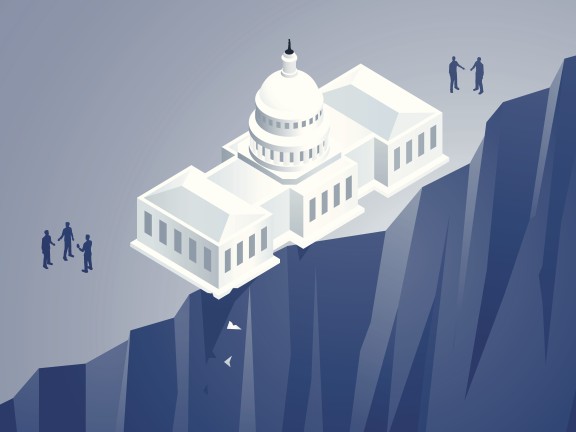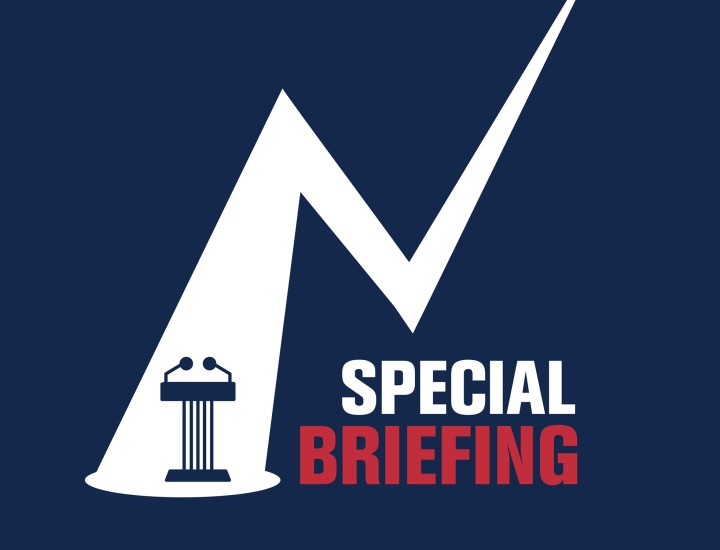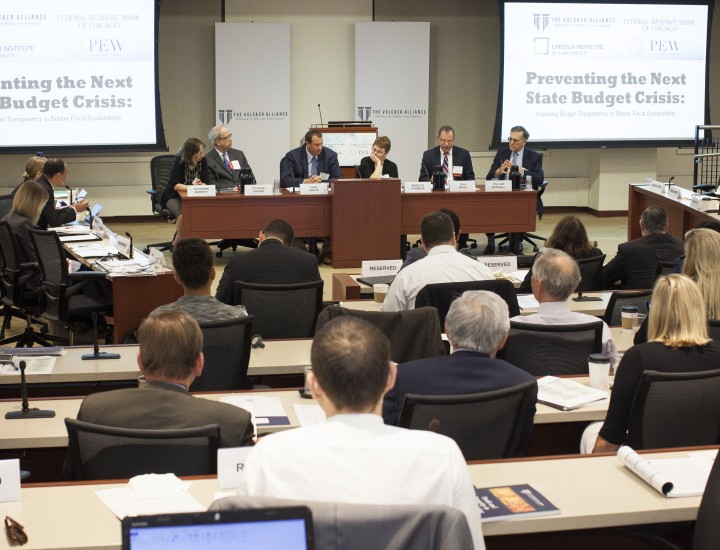The $195 Billion Challenge

Facing State Fiscal Cliffs After COVID-19 Aid Expires
The Issue Paper by Beverly S. Bunch, The $195 Billion Challenge: Facing State Fiscal Cliffs After COVID-19 Aid Expires is the latest in a series of Alliance issue papers on state and local budgeting in the COVID Era.
The Issue Paper finds that, based on initial spending plans, at least three of the eleven most populous US states may face significant spending challenges after federal pandemic aid under the American Rescue Plan Act of 2021 (ARPA) expires by the end of 2026. Fiscal cliffs may loom if states use their budgetary relief funds for ongoing expenditures, such as long-term policy initiatives, instead of one-time costs, like infrastructure projects. The paper also concludes that preliminary filings on relief fund allocations required by the US Treasury Department are inconsistent and lack transparency, limiting the ability of decision-makers, researchers, and the public to evaluate implications of $195 billion in federal pandemic economic recovery cash provided to states under ARPA.
The Volcker Alliance hosted a release webinar that can be viewed here.
About the Initiative and Issue Paper Series
The goal of the Truth and Integrity in Government Finance Initiative is to help improve budgeting and fiscal sustainability in states by identifying practices that need improvement and providing concrete examples of best practices for all to follow.
The State and Local Budgeting in the COVID Era issue paper series builds on the work of previous research efforts to focus on the impact of the pandemic and resulting recession on states and localities; explore how budgeting policies of states prior to the pandemic have impacted how well they were able to handle the crisis; identify risks and opportunities within states that will contribute to their ability to successfully recover from the financial impacts of COVID-19; and make recommendations for policy improvements that will contribute to the fiscal sustainability of states.


